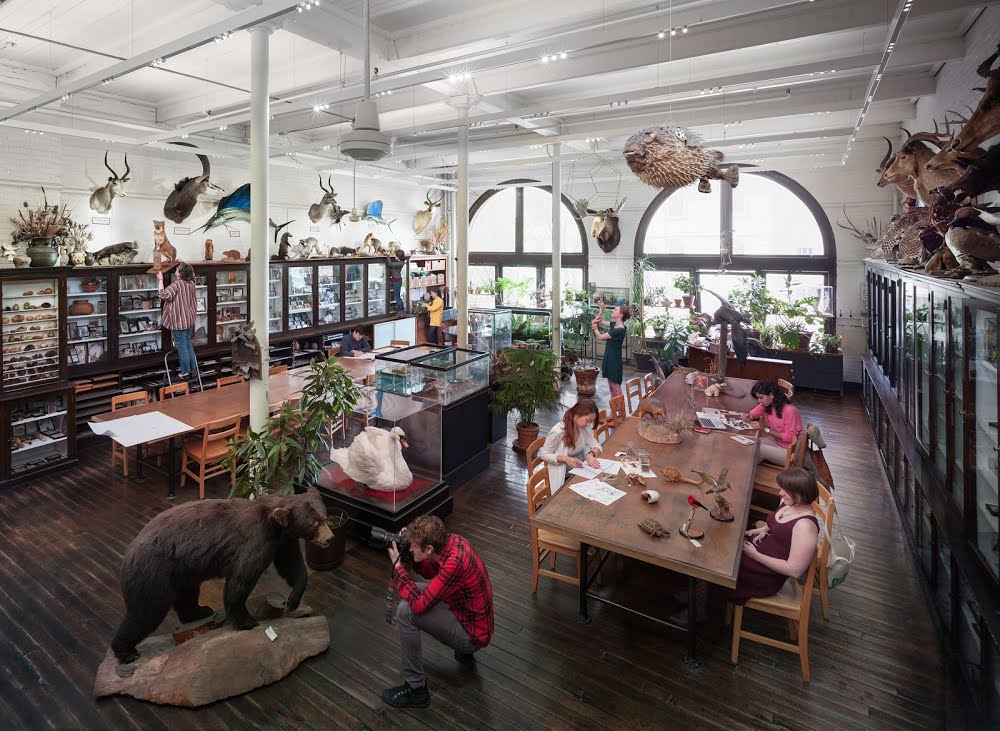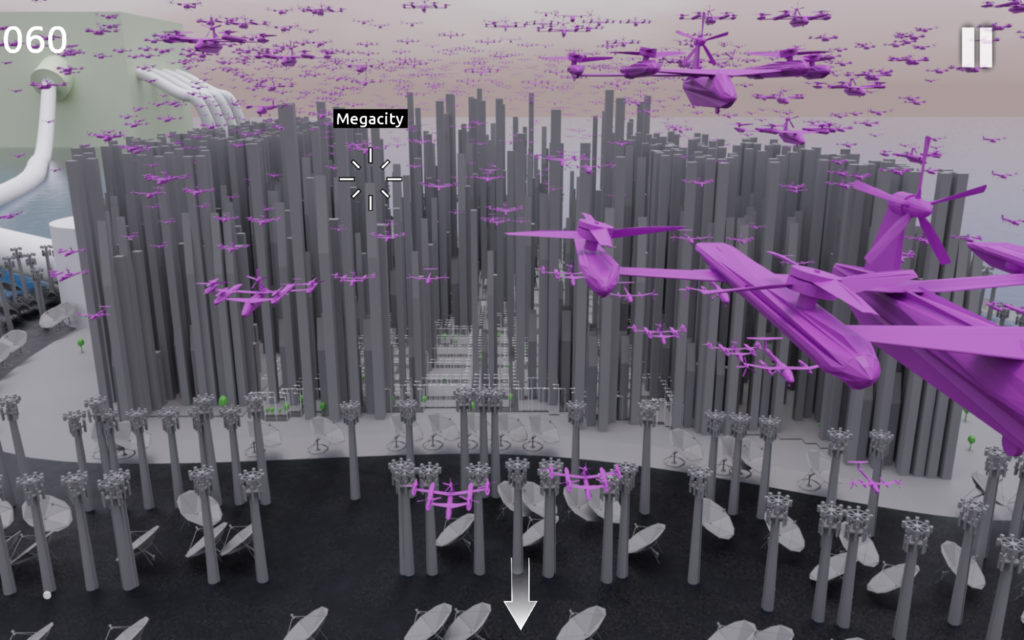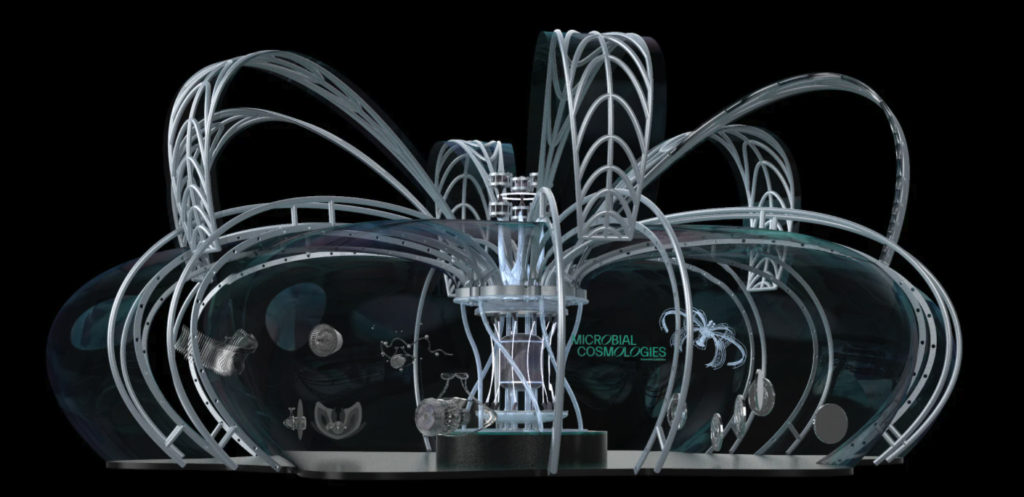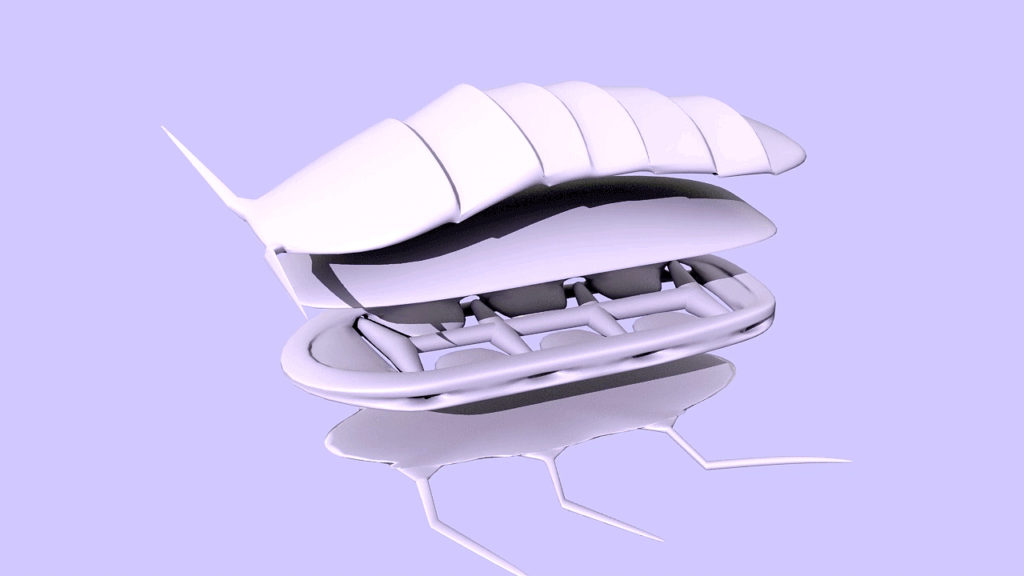Hyundai Motor Group And Rhode Island School Of Design Announce Collaboration To Study Future Mobility Innovations Inspired By Nature
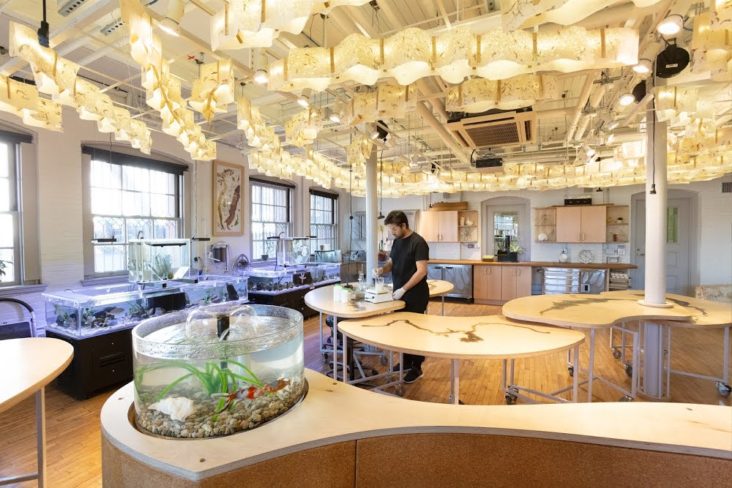
Hyundai Motor Group and Rhode Island School of Design (RISD) announced a research collaboration to examine relationships among natural and built environments in order to propose new directions for the future of mobility.
The study expands on the smart mobility vision announced by Hyundai Motor Group at CES 2020. Hyundai’s vision, which aims to help vitalize human-centered future cities, focuses on three mobility solutions: Urban Air Mobility (UAM), Purpose Built Vehicle (PBV) and Hub. The joint research with RISD will help infuse these solutions with insights from RISD’s pioneering faculty and students. Through RISD’s Research & Strategic Partnerships program, the partnership with Hyundai elevates expertise of faculty with the experimental creativity of students to conceive our future realities.
For the research, Hyundai established a task force, including four designers from the Design Innovation Group. In turn, RISD developed a new collaborative research platform created solely for Hyundai. Four faculty members at the world-renowned design school leveraged their expertise to explore study areas supported by 16 students. Hyundai and RISD kept the participant size small, allowing for close collaboration, resulting in a distinctive study on the future of mobility.
Based on this vision, the study examined four distinctive areas of future mobility, including graphic design, industrial design, sound design, and textile design.
- Graphic Design – Posthuman Mobility: From Molecule to Machine
Faculty lead: Anastasiia Raina, Graphic Design
Responding to the evolving pandemic, this group explored the future of mobility in a microbe centric world by addressing the relationship between humans and microbes and our need to respond and adapt with agility to the new world around us. The research teamdeveloped models for collaboration withnature as an alternative to models inspired bynature. They focused on interspecies collaboration, cyborg nature, and designed nature, such as future mobility hubs and human identification methods utilizing augmented reality, virtual reality and machine-learning technologies.
- Industrial Design – From Anthropocene to Aerocene through Biocene
Faculty lead: Paolo Cardini, Industrial Design
In response to the increasing need for sustainable options, this research group explored alternative trajectories for the future of mobility guided by artistic, scientific, and philosophical provocations. In particular, this group utilized negative speculative narratives to explore the topic of future cities and environment in the era of UAM. Scenarios such as privacy intrusion and bird strikes were considered.
- Sound Design for Mobility
Faculty lead: Shawn Greenlee, Experimental & Foundation Studies
Drawing from the fields of bioacoustics and soundscape ecology, and experimentation in RISD’s Spatial Audio Studio, this group worked toward developing novel auditory displays and sonic experiences with embeddable computing platforms and procedural audio techniques under a common theme of “Making the Un-heard Heard” in response to the current COVID-19 environment. For example, the group studied alternative “noise” for soundless electric vehicles.
- Textile Design for Mobility
Faculty lead: Anna Gitelson-Kahn, Textiles
This research group drew from the fields of bionics and biomimicry in developing innovative textile solutions through speculative approaches and solutions gathered from a case study of the cockroach. Thestructure of cockroach provided insights into the safety of future mobility. Hyundai plans to further incorporate biomimicry methods into its study.
The partnership kicked off with a workshop at RISD’s Edna W. Lawrence Nature Lab in February 2020, with students and faculty who came together with a shared understanding that the real-world mobility challenges Hyundai faces present unique opportunities at the same time. Students were selected through a highly competitive pool of 108 applicants across 10 departments at RISD: Architecture, Digital + Media, Film/Animation/Video, Graphic Design, Industrial Design, Jewelry + Metalsmithing, Liberal Arts, Painting, Printmaking and Textiles.
The collaborative study moved forward despite the COVID-19 pandemic, thanks to Hyundai’s unwavering commitment to explore the future and RISD’s technological resources that allow students and faculty members to collaborate in the virtual space.
Hyundai and RISD will continue their partnership starting with a six-week summer research program focusing on lightweight structures and hygiene, inspired by nature. The partners plan to deepen their collaboration and form a longer-term partnership with RISD’s Nature Lab providing a foundation for living systems research.
“Hyundai Motor Group’s work with RISD is providing deep insights that will help us advance innovations in technology and design, paving the way for next-generation mobility solutions,” said Youngcho Chi, Hyundai Motor Group’s President and Chief Innovation Officer . “Through the collaboration, we’ve discovered that we have a similar vision for the future, and we’re able to develop a common language and working methods that will provide a solid foundation for a more fruitful collaboration going forward.”
“The post-COVID-19 era will require us to come up with new ways of thinking for our mobility ecosystem to evolve,” said SangYup Lee, Senior Vice President and Head of Hyundai Global Design Center. “By conducting in-depth studies with RISD about how nature copes with change, we expect to gain fresh inspiration that can lead to the development of sustainable processes, next-generation technologies and innovative designs for the future of mobility.”
“Our broader institutional vision—as set forth in RISD’s strategic plan, NEXT: RISD 2020-27—commits to contributing to new knowledge through innovative curricula and increasing our overall research capacity to support interdisciplinary inquiry and exchange,” said RISD President Rosanne Somerson. “This first-of-its-kind research collaborative between RISD and Hyundai brings this commitment to life and supports the notion that, when we combine different bodies of knowledge together in the right environment, true innovation flourishes.”
Somerson added, “I am grateful that Hyundai provided this opportunity and has shown so much openness in embracing the role of artists and designers in contributing key insight to mobility research. The early outcomes of this unique partnership are impressive, andhave activated new ideas about a just and climate-smart future.”
“RISD’s partnership with Hyundai opens an inspiring new chapter in the space of design, art and creation. Hyundai has a keen interest in the unknown—as does RISD— and we thank them very much for making this research possible,” notes RISD Provost Kent Kleinman. “The Edna W. Lawrence Nature Lab, one of RISD’s innovative centers for research and teaching, played a key role in almost all the students’ projects, demonstrating the blurring of boundaries between nature and artifice, and the profound lessons that natural systems offer to artists and designers. Here too, our partnership with Hyundai rests on common ground, on which we plan to build in the future.”
Hyundai Motor Group has been actively studying nature through various projects, including the recent Hyundai Nature Observation Project by Design Innovation Group.
To download high-resolution imagery of this project with caption info, please visit:
https://drive.google.com/drive/folders/1ritxVV-CNAtY14VGU7OcdEDWTlgcff-M
To view a short video about the research collaboration, please visit:
